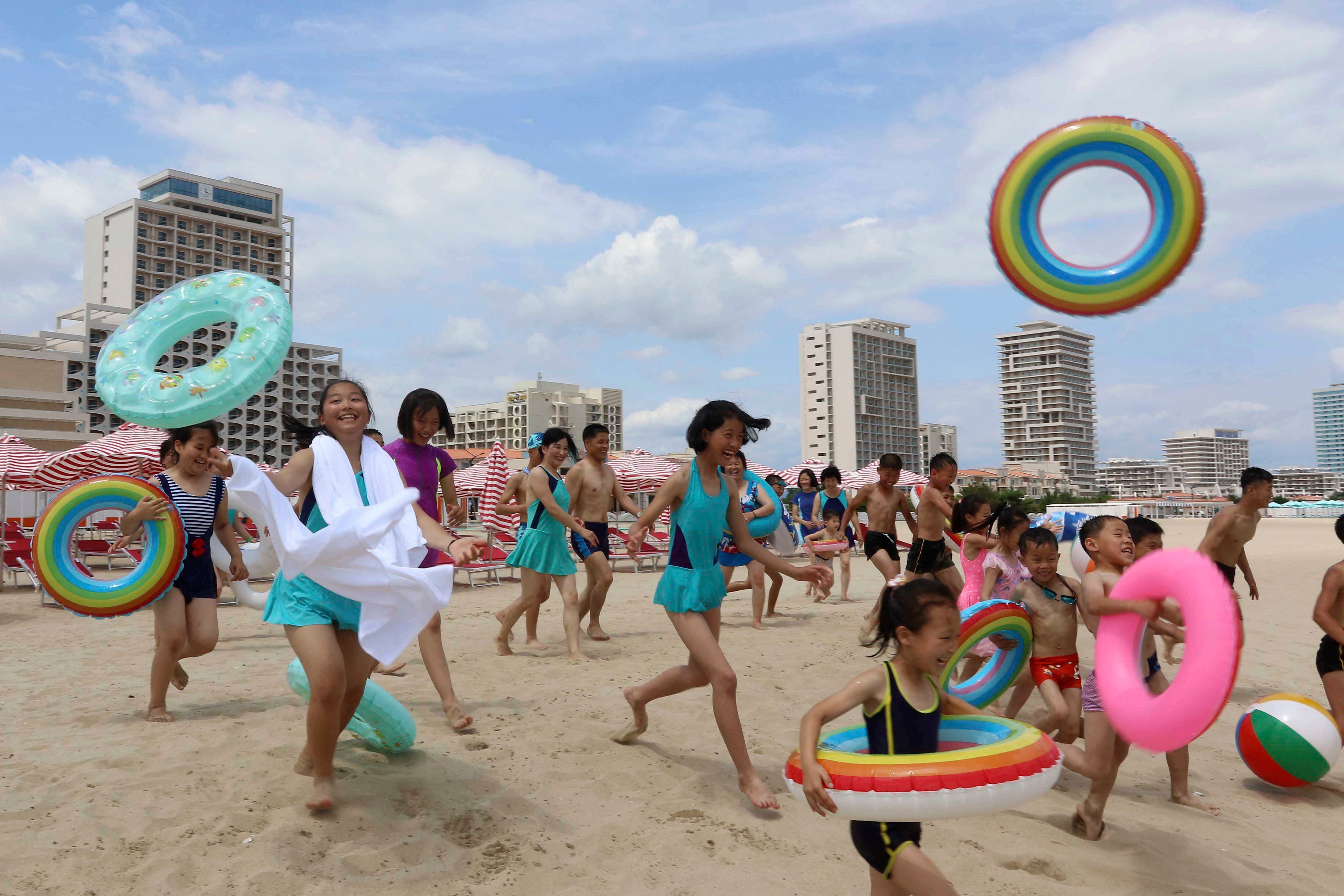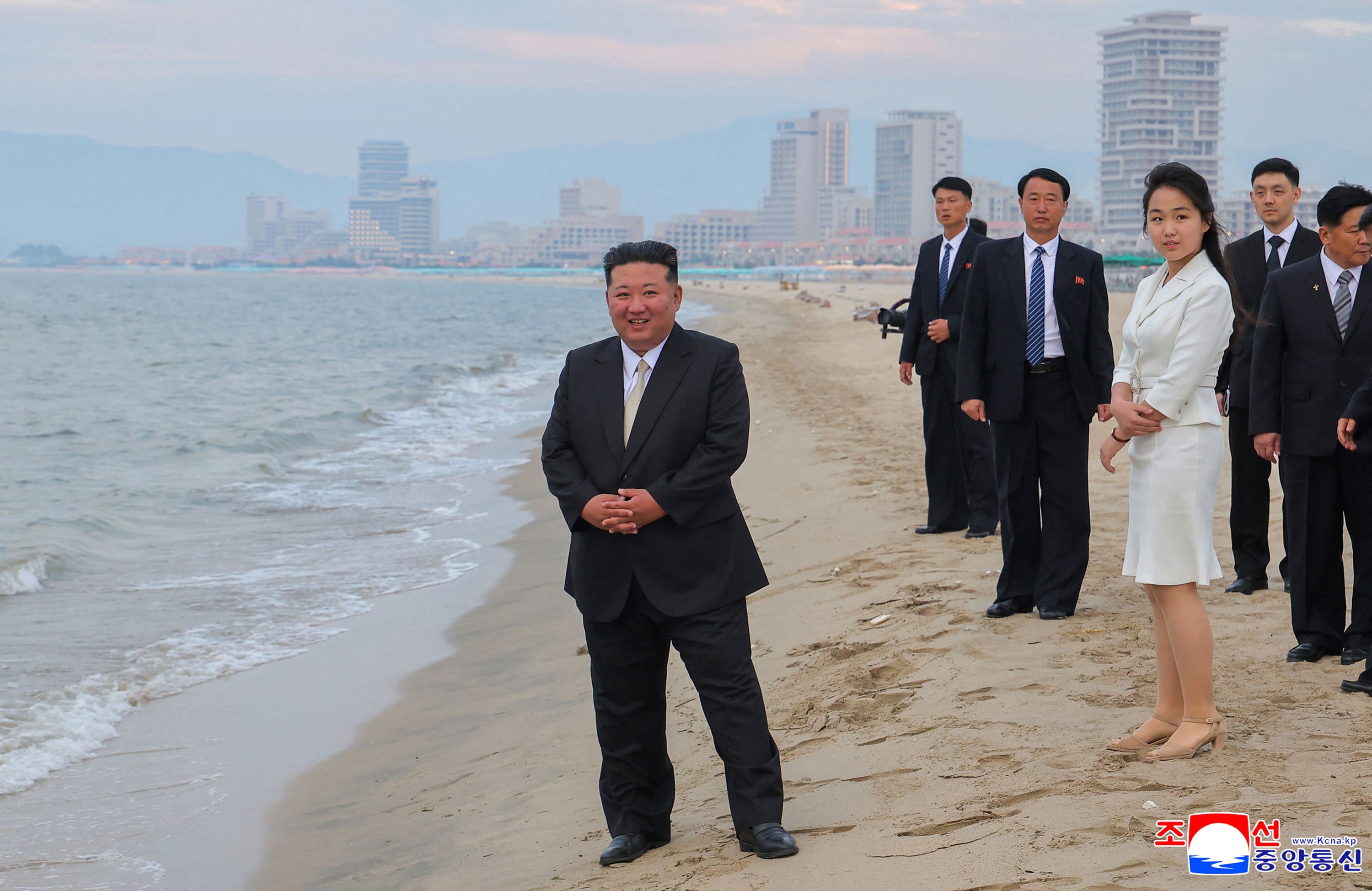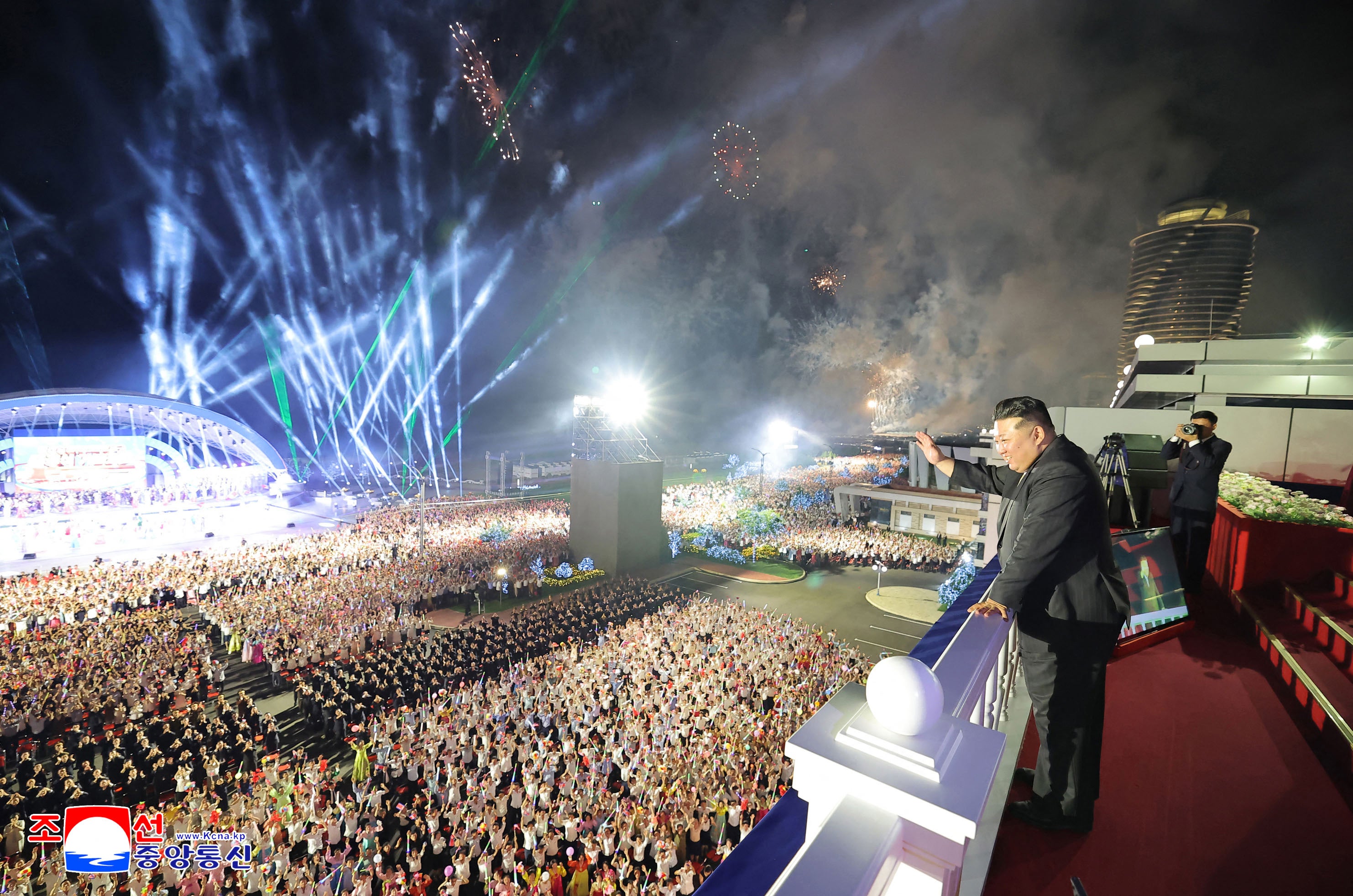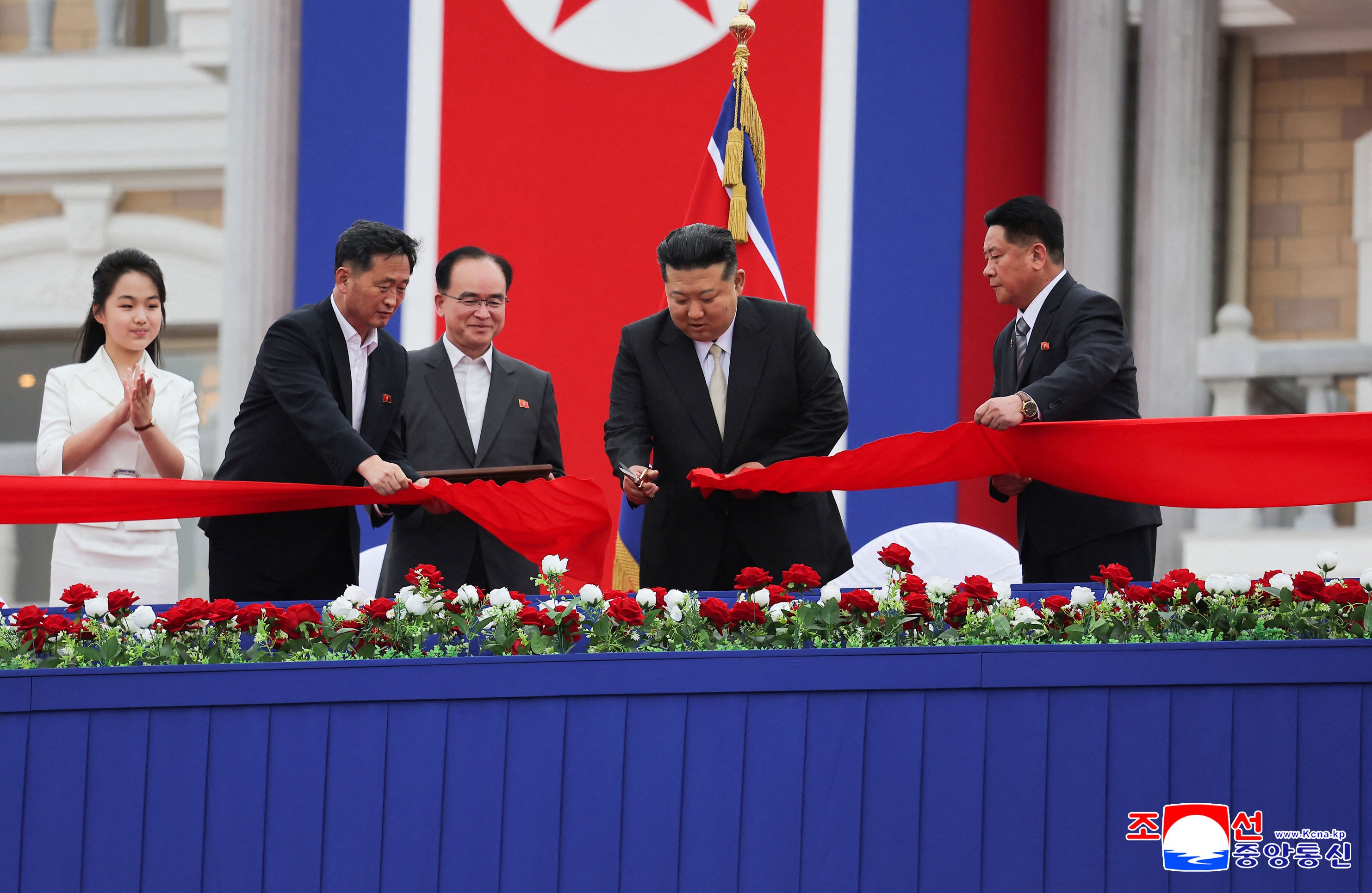North Korea has barred foreign tourists from a newly opened beach resort on its east coast just weeks after promoting it as a “world-class tourist and cultural destination”.
Days after Russia’s foreign minister Sergey Lavrov vowed to help boost tourism in North Korea, authorities abruptly halted foreign access to the Wonsan-Kalma Coastal Tourist Area – offering no explanation for the unexpected move, according to Bloomberg.
North Korea’s official tourism site, DPR Korea Tour, announced on Wednesday that foreign visitors are “temporarily not accepted” in the zone, the Korea JoongAng Daily newspaper reported.
After years in the making, North Korea’s “Benidorm-style” beach resort finally opened on 24 June – well past its original launch date of 15 April 2019, timed to honour national founder Kim Il Sung’s birthday.
The project, centred on a long white-sand beach near an airport in Kangwon province, had been delayed by sweeping international sanctions and the Covid-19 pandemic.
The resort has drawn visitors from across the country, according to the Korean Central News Agency (KCNA). State media touted it as a “national treasure-level tourism city” – a glittering seaside development that contrasts sharply with the widespread hunger and hardship reported by human rights observers across North Korea.

North Korean leader Kim Jong Un celebrated the resort’s completion, hailing it as one of the regime’s “greatest successes this year”.
The Wonsan-Kalma resort recently began attracting Russian tourists, with a travel agency reportedly scheduling two more tours for August, according to the BBC.
Mr Kim’s choice to host Mr Lavrov there on 12 July – instead of in Pyongyang – was widely seen as a strategic showcase. The North Korean leader told Mr Lavrov that he was the resort’s “first foreign guest”.
Russian foreign ministry spokesperson Maria Zakharova lavished praise on the resort during a Sputnik Radio interview this week, calling it a “fantastic holiday destination” with “perfectly equipped facilities”.
The resort stretches along 2.5 miles of coastline and can host up to 20,000 visitors, according to state media.
It’s reportedly outfitted with amenities aimed at rivalling global beach destinations – a goal underscored in 2017 when Mr Kim dispatched a delegation to Benidorm to study its theme parks, high-rise hotels, and marina facilities.

A North Korean tourism brochure cited by the BBC lists 43 hotels lining the beachfront, alongside guesthouses on a man-made lake and campgrounds catering to different traveller types.
When the resort was thrown open, Mr Kim was seen relaxing poolside next to his daughter and presumed heir Kim Ju Ae with a pack of cigarettes, cold drink, and a towel.
Tourism is a crucial source of income for the sanctions-stricken Kim regime, but since loosening its pandemic border controls, North Korea has admitted only a limited number of Russian visitors. Foreign tourists are closely monitored, typically confined to approved accommodation and restricted in their movements.

North Korea hasn’t explained why it’s restricting foreign access to the resort, though some analysts suggest the site may still be undergoing final development or improvements.
“The resort is undoubtedly open, but it’s not quite finished yet,” the 38 North programme at the Stimson Centre think tank said, citing satellite imagery.
“One of the largest buildings at the resort, a hotel near the Kalmaegi Hotel, does not appear to be in use. There is little activity nearby and the rooftop pool has yet to be filled with water. Its name, along with those of several other buildings, is also missing from a map published by the state of the tourist area.”
Earlier, North Korea also unveiled the new Kalma train station, saying it was constructed to “ensure a high level of convenience for travellers to the coastal tourist area”.

“Wonsan-Kalma is open to just North Koreans for now, but we should not be surprised to see Russians at the resort in the not-too-distant future,” Rachel Minyoung Lee, a non-resident fellow with the 38 North programme was quoted as saying by CNN.
“More broadly, the opening of a major beach resort like Wonsan-Kalma helps to reinforce the state media narrative of Kim’s people-first policy and helps to balance out his greater focus on building up national defence,” Ms Lee added.
A Russian media report claimed locals had posed as tourists to stage a lively scene during Mr Lavrov’s visit. Despite state claims of the resort’s popularity, the beach was largely deserted, according to a reporter from the Kommersant newspaper, who accompanied Mr Lavrov.
“The North Korean government is believed to have determined that it would face some negative consequences when it opens the site to foreigners,” Oh Gyeong Seob, an analyst at Seoul’s Korea Institute for National Unification, was quoted as saying by the Associated Press.
Some believe the ban on foreign tourists won’t last long. “If foreign tourists aren’t allowed to the site, Russian rubles, Chinese yuans and dollars won’t come in. Then, North Korea can’t break even and it has to shut down the resort,” said Ahn Chan Il, head of the World Institute for North Korean Studies think tank in Seoul.



